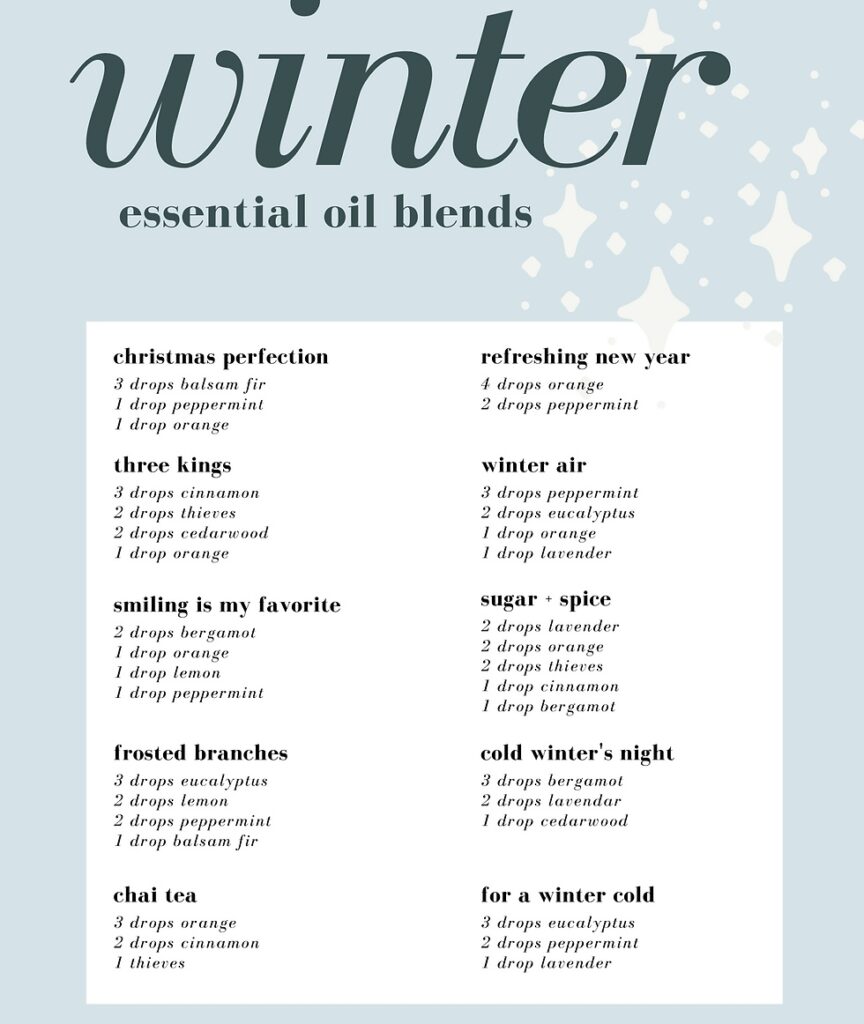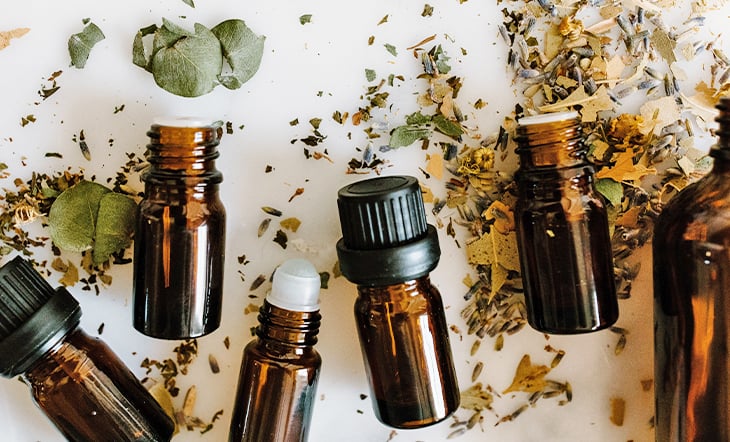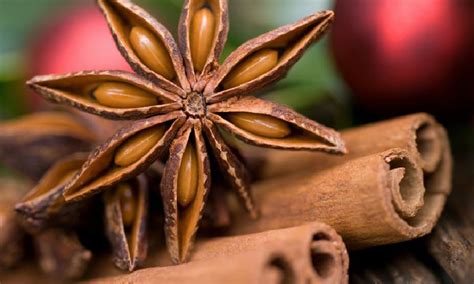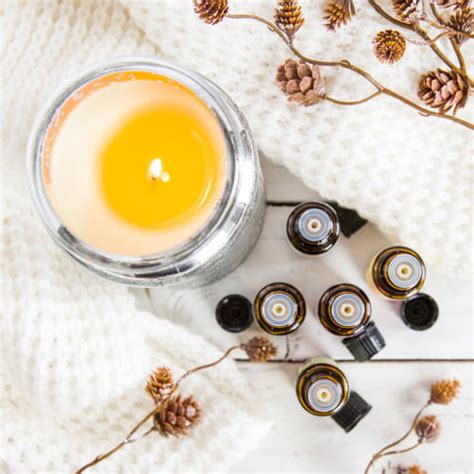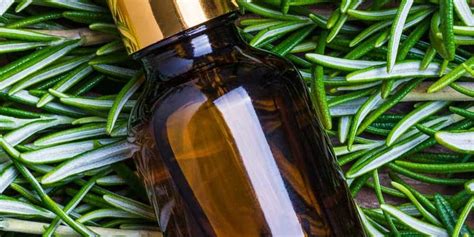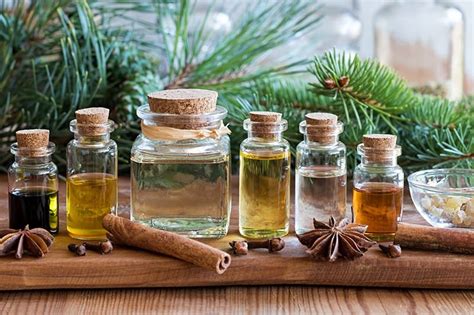
Using Essential oils is very beneficial during winter. The time of year when moods may dip due to Seasonal Affective Disorder. S.A.D is most disruptive during winter. This is due to the reduced sunlight during the cooler months. Essential oils can help you to manage the symptoms of S.A.D by boosting your mood and increasing your energy levels.
The powerhouse essential oils I’m sharing in this blog have been key to keeping my own spirits and immune system elevated during the winter season. Be sure to add them to your home aromatherapy collection.
During winter we tend to spend more time indoors. Consciously making the air as microbe free and uplifting as possible using essential oils can make this time more pleasant.
To induce feelings of coziness while delivering anti-microbial action to the air, the oils I reach for most often are clove, ginger, bergamot, and geranium. These oils deliver spice, warmth, energizing citrus and sweet yet tangy floral notes combined or individually.
MOOD LIFTING ESSENTIAL OILS
Two oils I find especially helpful at lifting my mood during winter – all year long really – are Bergamot & Geranium.
Bergamot essential oil has been proven to improve mood. A 2015 study found that bergamot essential oil may help to improve negative emotions, reduce fatigue and lower levels of the body’s stress hormone- cortisol.
Geranium essential oil has a bright, floral aroma which will take you back to the warm summer months and evoke the sense of being in the midst of a beautiful flower garden. It has an instant calming effect, helping your body to balance its natural hormone levels while promoting relaxation. It is one of my absolute favorites!
HOW TO USE
1) Aromatherapy – try adding these essential oils into a diffuser and inhaling the aroma when you feel the winter blues kicking in.
2) You can also mix these oils with a carrier oil and add them to a warm bath for a mood-boosting soak.
3) Try any of our blends containing these oils and rub the healing goodness directly into your skin!
The great thing about essential oils is that majority of them offer bactericidal properties & promote the production of white blood cells helping to prevent & treat infectious illness. All while smelling AMAZING!!!
During this time of year, coughs, colds, flu & other illnesses spread rapidly as we spend more time indoors. This is the time of year our immune systems need extra support to tackle the increase in circulating bacteria and viruses.
IMMUNE BOOSTING ESSENTIAL OILS
As mentioned above virtually all essential oils have immune boosting benefits but let’s give a special mention to Eucalyptus essential oil which is very easy to find and is known to boost immunity. It has both anti-inflammatory and antiseptic properties, has been proven in studies to stimulate the immune system, increasing the body’s ability to fight illness and infection. Not only that, but eucalyptus oil can also help to clear the sinuses and ease congestion when a cold does strike.
Another essential oil worth a special mention that is believed to boost immunity is tea tree essential oil.
Studies have proven the antimicrobial and anti-inflammatory properties of tea tree oil, and there is evidence to suggest that the oil also helps to fight against bacteria and viruses.
Adding eucalyptus and tea tree oil to your home aromatherapy collection is always a good thing to do.
ESSENTIAL OILS FOR CONGESTION
Peppermint essential oil contains menthol which helps to open the airways and clear mucus. For this reason, many nasal decongestant products contain peppermint.
Eucalyptus essential oil is another popular and effective remedy for congestion, with many people enjoying the benefits of this oil. Many decongestant products such as chest rubs contain eucalyptus oil thanks to its success at relieving the symptoms of sinus congestion.
HOW TO USE
If you’d like to try peppermint essential oil or eucalyptus essential oil to relieve your nasal congestion this winter, you can:
1) try adding 1-2 drops of these oils to a tablespoon of carrier oil (coconut, olive oil, grapeseed oil, avocado oil etc) and massaging the mixture into your chest.
2) create your own facial sauna with a bowl of hot water and a towel and inhale these helpful aromas deep into your nasal passages and airways.
3) aromatherapy – diffusing essential oils is my personal favorite as not only do you get the benefits but so does the air.
4) another way to use essential oils during winter is in the bath. Baths are a form of hydrotherapy and are great for soothing muscles and assisting with detoxification.
The warmth of a bath assists the body in shifting to a state of relaxation. Adding essential oils to this ritual only elevates the healing.
DILUTE DILUTE DILUTE
If you decide to add essential oils to your bath, you’ll first need to dilute them with a carrier oil such as jojoba, coconut or grapeseed oil. Simply mix a few drops of your chosen oils with a tablespoon of carrier oil and mix it into your bath. The carrier oil will help the essential oils to disperse throughout the water, minimizing the chances of skin irritation.
Try one or all of these methods to alleviate congestion and utilize the power of essential oils in your winter wellness rituals & beyond.
SKIN NOURISHING ESSENTIAL OILS
The colder and more dry temperature coupled with the increased use of indoor heat can dehydrate the skin. Dry skin often presents as
itchy, tight and uncomfortable.
Here are a few of my top picks to help nourish dry skin, leaving it feeling hydrated and smooth.
Lavender essential oil is known for its ability to balance moisture levels in the skin. It’s often used to soothe eczema and psoriasis, reducing redness and calming inflammation of the skin. It is also one of the most effective essential oils for relaxation and sleep.
Chamomile is another essential oil which nourishes the skin. Chamomile oil contains the compound azulene, which is known for its ability to increase moisture and reduce inflammation, making it ideal for use on dry skin.
Ylang Ylang essential oil is another sweet floral, soft yet mildly musky oil, that is excellent for repairing dry skin and treating skin irritations. It’s anti-cancer, anti-inflammatory, mood lifting and relaxing.
Before applying an essential oil topically, be sure to dilute it with a carrier oil unless guided to apply it neat by an aromatherapist.
After you’ve diluted your essential oil with a carrier oil and completed a patch test, you can then massage the mixture into your skin, leaving it feeling nourished and hydrated.
All Basique Opulence elixirs & salves are consciously crafted, powered by essential oils & high vibrational crystal energy to deliver maximum healing to the body systems, energy chakras, skin & hair.
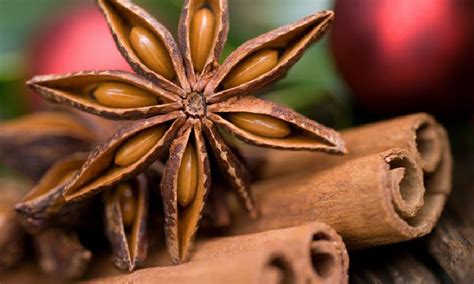
What Are Warming Winter Herbs?
Warming winter herbs are plants with properties that create a sense of warmth and stimulation in the body, both physically and energetically. They are especially beneficial during the colder months, when our bodies may feel chilled, sluggish, or weighed down by the energetics of winter. These herbs are often pungent, spicy, or aromatic, and they are thought to stimulate bodily functions, boost vitality, and dispel cold from the body.
Herbal plants are often classified as “warming” or “cooling” herbs based on how they interact with the body’s systems and energy. This concept is rooted in traditional systems of medicine like Ayurveda and Traditional Chinese Medicine (TCM), which focus on the energetic qualities of herbs in addition to their physical effects on the human body.
Warming Herbs: How Do They Work?
Warming herbs can help stimulate blood circulation, support digestion, boost immunity, balance mood, and promote overall vitality. When these herbal spices are consumed, they can help promote blood flow by dilating blood vessels and boosting circulation, which can soothe cold hands, feet, and general winter chills. Warming herbs also help stimulate digestive enzymes and promote digestive health, aiding the body in efficiently breaking down food. This is especially beneficial in winter when we often eat heavier meals that can slow digestion.
Many warming herbs have antimicrobial, antiviral, or antifungal properties, making them valuable herbal allies in combating and protecting against winter colds and flu. For centuries, various warming herbs have been used in both herbalism and aromatic medicine to help prevent seasonal illnesses and boost immunity. Plus, the invigorating scents of warming aromatic plants can also uplift the spirit, enhance mood, and boost mental clarity, helping to soothe the lethargy and gloom that often accompany the winter season.
Common Warming Winter Herbs & Roots
Ginger Root (Zingiber officinale)
Ginger root is celebrated for its warming properties and its ability to stimulate blood flow, particularly to peripheral areas and deeper organs, such as the abdomen. Ginger is also widely recognized for its ability to support digestive health, aiding in digestion and nutrient absorption. It can help relieve digestive discomforts such as nausea, upset stomach, indigestion, gas, and bloating.
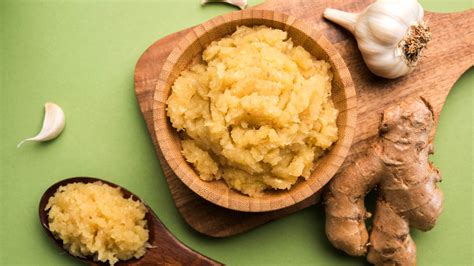
Its heat-producing nature makes it an excellent remedy for cold conditions, helping to maintain overall body warmth, particularly in colder seasons. By enhancing blood circulation and digestion, Ginger boosts vitality and immunity, making it a potent herbal ally in combating colds, the flu, and stomach bugs.
Cinnamon (Cinnamomum spp.)
Cinnamon is known for its ability to stimulate blood flow and support the circulatory system, making it particularly beneficial for those with poor circulation or who frequently feel cold. It helps flush out illness and is traditionally used to address fevers that often accompany the cold or flu. Additionally, Cinnamon’s ability to stimulate circulation promotes healthy blood flow to the brain. Recent studies suggest that using Cinnamon in incense or incorporating it into meals and remedies may improve memory and mental clarity.
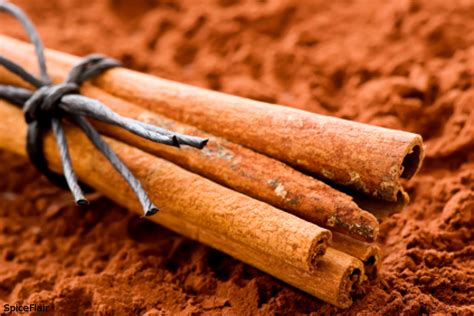
The warming and stimulating properties of Cinnamon also extend to the digestive system, where it supports digestion and fuels the “digestive fire.” Beyond its delightful flavor in cooking, Cinnamon is commonly used as a digestive aid, balancing heavier meals. Not only does it enhance digestive efficiency, but it can also soothe gas, bloating, abdominal cramping, indigestion, diarrhea, and nausea thanks to its anti-inflammatory, antispasmodic, and carminative qualities.
Clove (Syzygium aromaticum)
Cloves are rich in antioxidants, which help combat oxidative stress and strengthen the immune system. Like Cinnamon, the warming properties of Cloves enhance blood circulation and support healthy digestion. Cloves also possess powerful antimicrobial and antibacterial qualities, making them a popular choice for boosting immune function and promoting oral health. The aroma of Clove has an uplifting effect on the mind, and burning clove incense can be particularly beneficial for improving focus and concentration.
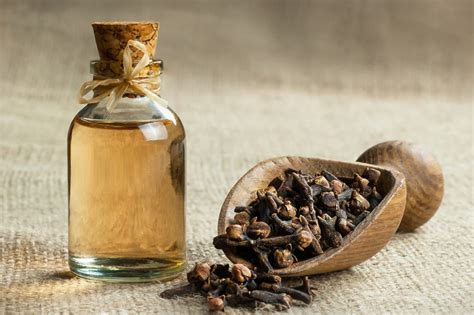
Cardamom (Elettaria cardamomum)
According to Ayurvedic principles, Cardamom is known for its warming qualities that stimulate circulation and metabolism, boosting vitality and energy. It is believed to enhance the digestive fire, which is essential for overall well-being. Cardamom also helps soothe digestive discomfort and supports the assimilation of food and nutrients.
In both herbalism and aromatic medicine, Cardamom is regarded as a nervine, with remarkable calming properties that help relieve stress, tension, anxiety, and feelings of lethargy or exhaustion. When used as an incense or culinary spice, it is thought to alleviate mental fatigue and nervous exhaustion while strengthening the mind, body, and spirit.
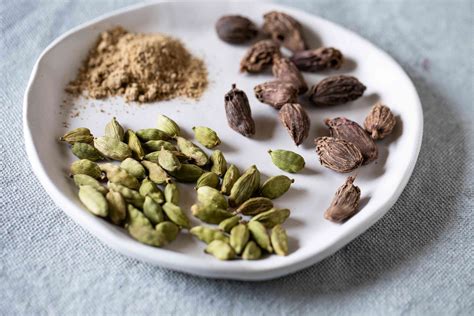
Rosemary (Salvia rosmarinus)
Rosemary has a long history of use in cuisine, and for good reason. Not only does it add a bold, fresh flavor to food, but it also serves as a warming, aromatic bitter that stimulates and supports the digestive process. Bitters like Rosemary encourage nutrient absorption and aid in peristalsis, the rhythmic movement of food through the intestines. Additionally, Rosemary promotes blood circulation, helping to move blood throughout the body and alleviating cold hands and feet.
Rosemary is perhaps best known for its remarkable impact on the mind and memory. For centuries, Rosemary has been valued for its ability to support cognition and enhance mental clarity. Just as it stimulates circulation in the body, Rosemary also improves blood flow to the brain, boosting brain function and sharpening focus.
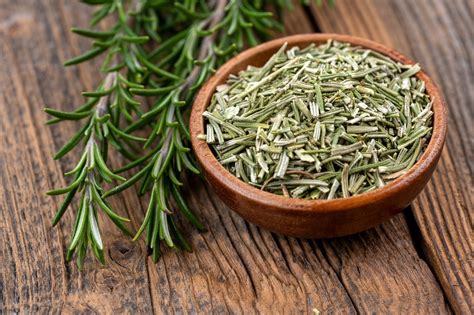
Thyme (Thymus vulgaris)
For centuries, Thyme has been used to boost immunity and relieve congestion and coughs, thanks to its antibacterial, antiviral, and expectorant properties. The aroma of Thyme helps cleanse and purify the air, removing mold and pathogens with its powerful antiseptic qualities. Thyme also contains an aromatic compound called carvacrol, which has been shown to increase levels of serotonin and dopamine—hormones that regulate mood—suggesting that Thyme can uplift mood and support mental health.
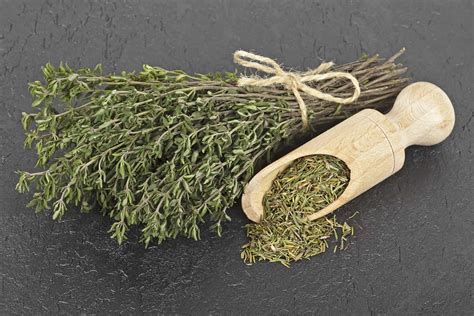
Garlic (Allium sativum)
Garlic is considered a warming food and has been used for centuries by ancient cultures for its health and medicinal benefits. Research suggests that Garlic contains compounds that can help prevent and reduce the severity of illnesses like the flu and the common cold. Its antiviral properties are believed to prevent viruses from entering host cells or replicating within the body, making Garlic a powerful immune booster.
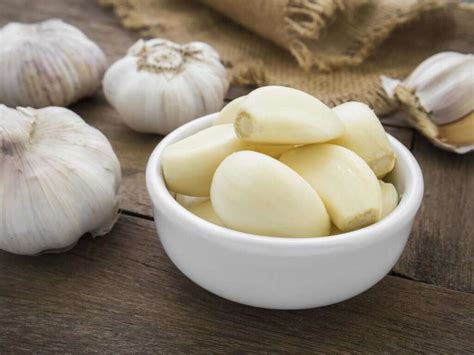
Black Pepper (Piper nigrum)
Black Pepper is often called the “King of the Spices” due to its long history of use in culinary traditions. This spice is high in antioxidants and anti-inflammatory properties, helping to boost immunity and vitality. It contains a compound called piperine, which has been shown to boost brain function and mental clarity. Black Pepper is also thought to help promote a healthy gut microbiome and boost the absorption of nutrients, such as those found in green tea and Turmeric (which is why it’s commonly paired with Turmeric in herbal teas and supplements).
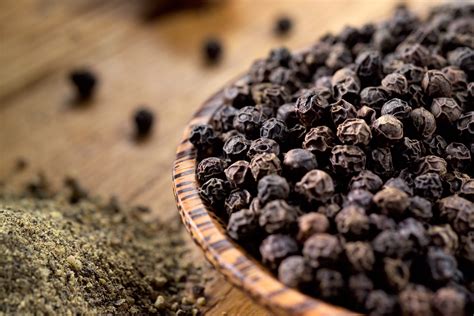
But Black Pepper is more than just a kitchen staple – it is sometimes used in natural incense blends for its warming and stimulating properties. Its spicy, sharp aroma is thought to enhance the scent profile of incense, adding depth and invigorating qualities. In aromatherapy, Black Pepper is valued for its ability to promote circulation, relieve fatigue, and improve focus. It is often blended with other spices or herbs, such as Cinnamon or Clove, to create a complex, energizing fragrance intended to stimulate or clear the mind.
How to Use Warming Winter Herbs
There are countless creative ways to incorporate warming herbs into your winter wellness routine – one of the easiest and most delicious ways is through cuisine. With their spicy, aromatic qualities, warming herbs can elevate everything from teas to hearty soups.
Herbal teas are a primary delightful addition to your daily winter ritual. Think: Ginger Lemon hot toddy, rosemary-thyme cinnamon tonic, golden turmeric chai, or a clove-ginger tea. You can also add these spices to everyday foods like oatmeal and smoothies. Or enhance your dishes by adding Rosemary and Thyme to roasted vegetables, soups, marinades, and more.
The aromatics of warming herbs can transform your home into a cozy, inviting space; lift your spirits; boost mental clarity; and promote a sense of grounding during the darker, colder months. While these aromatic herbs are stimulating all on their own you can keep your home fresh, inviting and healing using aromatherapy. Try diffusing essential oils and burning all-natural incense. I do this year round to keep my energy flowing and the air in my home fresh and microbe free. Be sure to choose incense made from natural ingredients rather than synthetic fragrances or chemicals to fully enjoy its therapeutic benefits.
Until the next one…

Amena BelledeSoleil is a Divinely Guided & Gifted holistic lifestyle practitioner, ancient medicine alchemist, natural hair healer, and good steward of Mother Earth who shares her knowledge for the purpose of elevating human consciousness & vibration. Godspeed!

